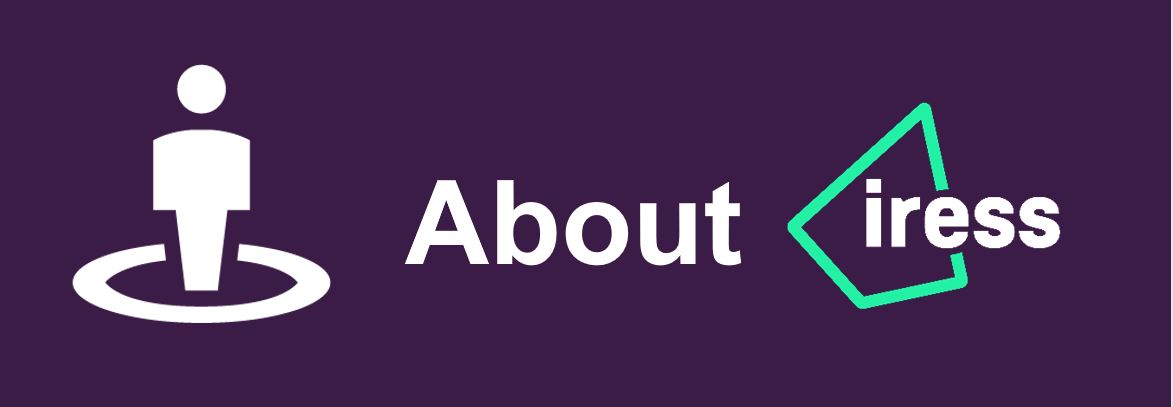Preparing for life’s most expensive milestones
Written and accurate as at: Sep 15, 2025 Current Stats & Facts

In life, there are big moments that mark new chapters – think buying a home or finally tying the knot – but these often come with a hefty price tag. Fortunately, knowing what to expect ahead of time can take a lot of the stress out of the occasion. Here are some key life milestones and what you need to prepare for.
Taking out a home loan
A home is probably the biggest purchase you’ll make in your life. The deposit alone (typically 20% of a property’s value) will rival the cost of a luxury car, and even after you clear that hurdle there will be lots more waiting for you.
For starters, the rest of your finances will need to be in top shape. Lenders will comb through your bank statements from the last three to six months, and they won’t hesitate to reject your application (or offer you a much smaller loan than you wanted) if they aren’t happy with what they see.
If everything is in order and your application is successful, the next challenge is dealing with all the upfront and ongoing costs that come with being a property owner. These include:
- Stamp duty (typically between 3-5% of a property’s value depending on the state or territory)
- Legal and conveyancing fees
- Lenders Mortgage Insurance (if your deposit is under 20% of a property’s value)
- The cost of furnishing your new home
- Ongoing mortgage repayments (which can go up or down as interest rates fluctuate)
- Council rates, water, and strata fees
It’s easy to feel overwhelmed by these, so do your best to preserve all the good habits that helped you get a loan in the first place. If the cost of repayments gets too much, you might consider negotiating a lower rate or refinancing to another lender altogether.
Paying for a wedding
Few life events are as memorable as a wedding, and the cost usually reflects that. In Australia, the average couple spends about $36,0001 on their big day. Generally, that figure includes:
- The venue
- Marriage celebrant
- Wedding dress
- Floral arrangements
- Photography
- Catering
Of course, your wedding can be as simple or elaborate as you like. Some couples dream of a lavish affair at a high-end venue, while others prefer an intimate gathering with just close family and friends. Whatever you decide, a detailed budget can help you stay in control. Break things down by category and try to prioritise the things you’re most excited about (while cutting back where it matters less).
To firm up your budget, it’s a good idea to start saving early. This can give you some flexibility when it comes time to choose vendors, as well as spare you from relying on credit.
Getting a pet
Speak to the average pet owner and they’ll be downright evangelical about how great pets can be. But for all the joy they bring to your household (and space they take up in your camera roll), they can be a major drain on your wallet.
If you’re planning to adopt, costs can range from $50 to $300 for cats and $200 to $800 for dogs. Buying from a breeder will obviously be pricier, with some kinds of dog costing upwards of $6,000.
And once you bring your new furry sidekick home, you’ll have to budget for all the other expenses.2 That list will vary depending on the type of animal, but generally it might include:
- Pet food and treats
- Buying a bed, toys, and potentially even making pet-friendly changes to your home
- Regular vet visits
- Yearly vaccinations, flee and worming treatments, and dental care
- Pet day care and walking services
- Grooming
- Pet insurance
- Repairing damage to your home or belongings
Planning renovations
Renovating your home can be a great way to bump up its value, make it more energy efficient, or simply give it a new look and feel. But renos are rarely cheap, and they have a nasty habit of refusing to stay on schedule and within budget.
How much yours will cost will depend on how drastic a makeover you have in mind. Cosmetic renovations – think replacing the floorboards, giving your home a fresh coat of paint, or installing new cabinets and benchtops – can cost as little as a few thousand dollars or as much as 5% of your property’s value.
Structural renovations are a different story. These involve major changes to things like the floorplan and foundations, and typically require an architect or draftsperson to get right.
Quotes for a structural renovation might be in the hundreds of thousands, and it’s generally recommended to have an extra 10% to 20% ready in case of cost blowouts. Depending on the size of the job, your family might also need to rent elsewhere while work is underway (assuming you don’t have any obliging relatives).
Sources
1 MoneySmart













